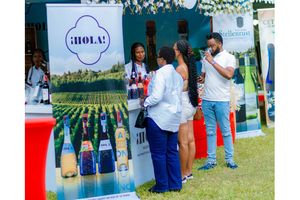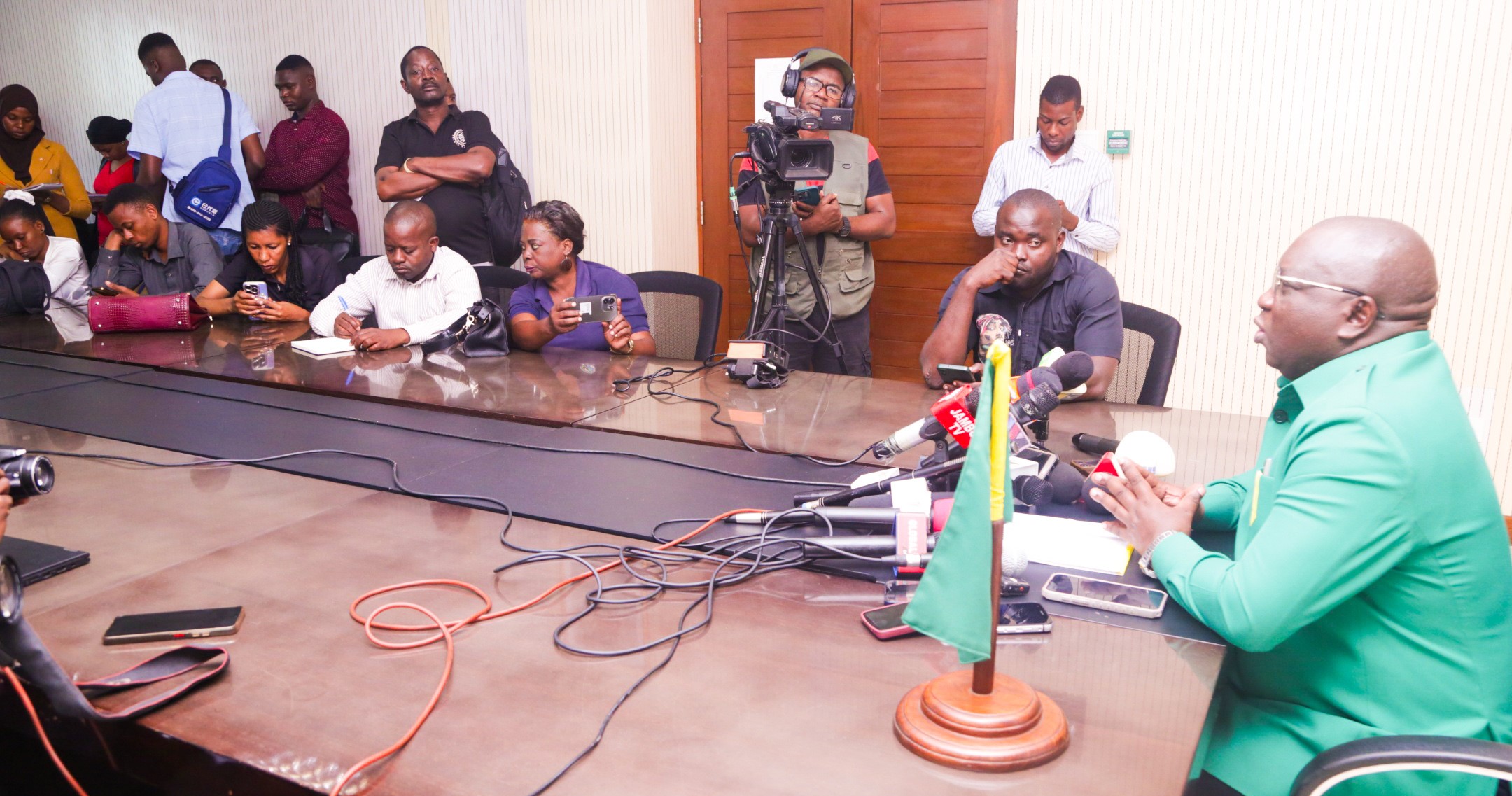OPINION-SHAPER: Remember used army great coats from ‘Marehemu Joji?’
The response to my piece here (December 24, 2016) was relatively overwhelming – especially for a third-rate, inconsequential ‘opinion-shaper’ who never saw the inside of a Journalists Academy!
Titled “It’s Long Years from ‘Shashion’ to ‘no-Moshi,’” that Friendly Fire from Yesteryears sought to ‘explain’ how a town on the slopes of Mount Kilimanjaro – named ‘New Moshi’ by what was once ‘Great’ Britain after the Great War (WW-I: 1914-18) – became ‘no-Moshi’ to the natives for whom English was a ‘strange’ lingo!
Earlier, the metropolis was known as ‘Shashion’ to the aborigins this side of Australia! ‘Shashion’ was a corruption of ‘Station,’ describing the local railway terminal, whose construction was initiated by our German Colonisers, and extended by British Colonists post-WW-I.
Some of my readers – God Bless them all – asked for more of that stuff! Boy… But: where do I start, pray? Oh, well… Take the booming business today of transport services by motorcycle operators in metropolises and regional border crossings, popularly-known as ‘Boda-Boda’ – a corruption of the term ‘Border-to-Border’ (transport).
Early motorcycle makes in this country included ‘BSA’ (made by Birmingham Small Arms Company), and the machine became popularly known as ‘Toff-toffu’ – no doubt from the sound made by its twin-stroke engine… A four-stroke engine saloon-car became known as ‘Truum-Kaa’ – possibly in imitation of the ‘troooom/vrooom’ sound such vehicles make as they zoom off-and-away, spewing out black, choking smoke…! Or did ‘truum-kaa’ have something to do with ‘tram-cars?’ I don’t know…!
Not many of us ‘suffered/enjoyed’ formal schooling in those days: ‘classroom education.’ Literacy was a privilege for a few children mostly groomed for clerical/messenger and security (colonial) tasks.
In other words, only kids who didn’t go to school were illiterate. That’s in great contrast to today, when a disturbingly-huge number of children ‘complete Primary School education’ still illiterate!
I remember a song – ‘Mtazame huyo ni mjinga kabisa; barua ikija, hutembeza kutwa...’ denigrating the illiterate who, on receiving a letter from the Post, searched for someone literate to read it for/to them!
Again, today, Tanzania is a booming market for imported secondhand-wear! That’s especially because such goods are NOT only cheaper and more durable, but also because the country is still aeons away from becoming self-sufficient in domestic production.
But, secondhand clothing imports date back to the end of WW-II when British Military surpluses were dumped in its overseas Colonies, Protectorates and Trusteeships… Hence, Army greatcoats, boots and blankets – dubbed ‘Marehemu Joji,’ signifying that they were leftovers by the Dead from World War-II (1939-45), compliments of His British Majesty, King George-VI (Kingi Joji: 1936-52) – became a common site in the-then Tanganyika!
[Incidentally, I did pen two Friendly Fires on motorcycles and cars in Tanganyika which also drew responses from readers. To access them, just Google for ‘Remember BSA motorcycles? I still do!’ (Saturday-Citizen: November 5, 2011), and ‘Matchless Triumph from BSA to ‘Be My Wife’ (BMW motorcycles)! (Saturday-Citizen: November 19, 2011)]. Cheers!




